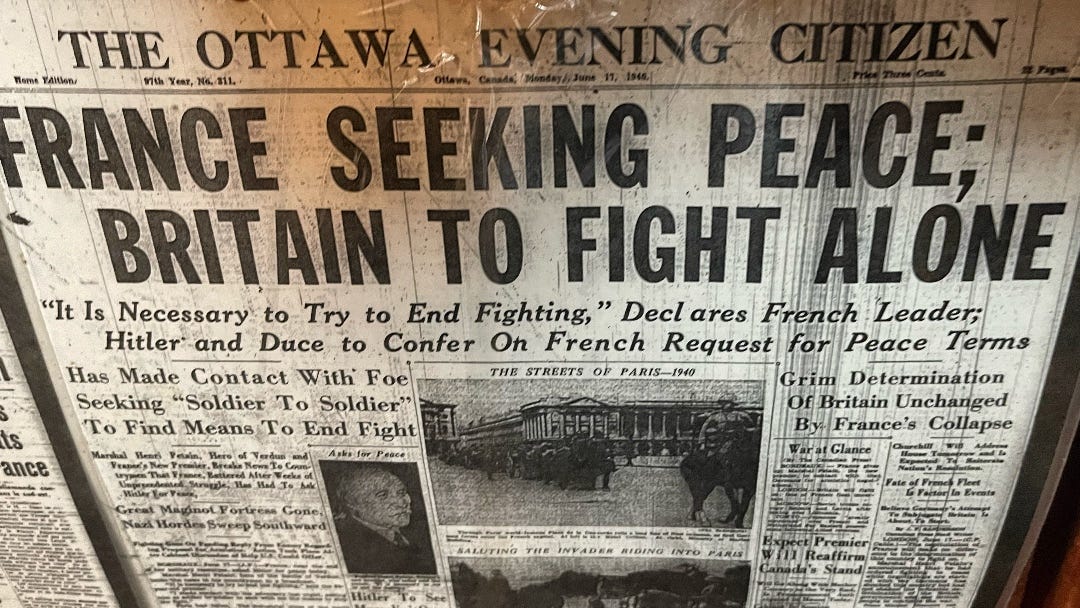While many of us stay awake at night, haunted by the distant horrors of war, another unsettling tale unfolds slowly but surely, and it should command our immediate attention. The climate crisis, once a looming threat I have often written about in this newsletter, has steadily escalated. Yet, as often before, it remains overshadowed by more immediate and visible events.
Hurricane Otis
Recent occurrences exemplify this frightening dilemma. Hurricane Otis, with a powerful Category 5 punch, struck Acapulco, a rare event on the Pacific coast of Mexico. What truly set it apart was the unprecedented rapid intensification from a tropical storm to a Cat 5 in just twelve hours. It should be a clear red flag for us all.
Climate attribution experts may require time to examine the climate change influence on this event, but the fingerprints of warming seas are undeniable. The sight of such a formidable hurricane ravaging a major city should have dominated headlines for days. The record-breaking intensification, the climate change connection, and the challenges of warning the population on such short notice all should have given Otis breaking news status. However, in a world where dire news competes relentlessly with grimmer stories of large-scale human suffering, Otis received only a fraction of the attention it should have gotten.
Temperature records broken
You may argue that Hurricane Otis was an isolated incident, but it aligns with the pattern of climate-related news we've witnessed this summer. Social media teems with heart-wrenching videos of flooding, a stark reminder of the rising tide of climate-related disasters globally. And your own memories of this summer and the warm autumn will likely be full of examples of extreme weather that fit into the narrative of our changing climate.
Month after month, global monthly temperature records crumbled, reaching an overdrive in September. Alarming data revealed temperatures soared 1.7 degrees Celsius above pre-industrial levels, far exceeding the Paris Agreement's limit of 1.5 degrees Celsius, even if that cap pertains to an annual average over a longer span. Coincidentally, these revelations practically coincided with the atrocities by Hamas in Israel, diverting attention away from the profound concerns of climate scientists.
This persistent disregard for one of humanity's gravest threats has paved the way for a startling statistic: global CO2 emissions are poised to surge by roughly one percent this year, setting another regrettable record alongside the new global climate milestones.
Not much carbon budget left
A recent study in Nature Climate Change delivered a stark message: we possess a carbon budget of just 250 billion tonnes, the maximum allowance for carbon emissions to maintain a 50 percent chance of restraining temperature rise below 1.5 degrees Celsius. Contrast that with the anticipated record-high global emissions of 40 billion tonnes this year, and the urgency to phase out greenhouse gases becomes clear. We have a mere decade to achieve net-zero emissions, a goal that even the most progressive scenarios scarcely envision. To reiterate, emissions are on the rise, not on a steeply downward trajectory.
COP 28
I understand that you may be reading this amidst grim tales of warfare and injustice, and this might seem an inopportune moment to discuss another impending catastrophe. However, we no longer have the luxury of time for climate action; it must always remain a priority, especially for the next generation, to whom we endow an inhospitable planet if we fail to treat the climate crisis with the urgency it merits—a truly global crisis with no time to squander.
To paraphrase Audrey Hepburn in the month before COP 28, the Paris Agreement is always a good idea.
A Slice of Paris in Ontario
In the rustic town of Almonte, I stopped for lunch and coffee in an unassuming café on the main street of this former mill town in eastern Ontario. On the surface, the Mill Street Crêpe Company is unmistakably Canadian, with its industrial façade, rustic brick walls, and towering iron-beamed ceil…
From 1940 to Today: Lessons on Balance and Resilience
The Ottawa Evening Citizen bore a headline that still echoes through history: ""FRANCE SEEKING PEACE: BRITAIN TO FIGHT ALONE."" The date was Monday, June 17, 1940. The subheadings painted a bleak picture of France's defeat: "Great Maginot Fortress Gone, Nazi Hordes Sweep Southward."
Notes:
https://climate.copernicus.eu/surface-air-temperature-september-2023









Some days as an editor you have to decide what breaking news catastrophe gets page one and above the fold. We are inundated with monumental catastrophes of late. The climate crisis needs to remain above the fold.
Once again your text draws our attention to a very urgent problem and its dramatic consequences we must face : fast climate change.
There is urgency, but realistically, I give great attention, and have a daily thorough reflection for a new adapted and protective behavior in all daily situations.
No trivializing.
Neither can we continue considering the catastrophic climate change as a common place.